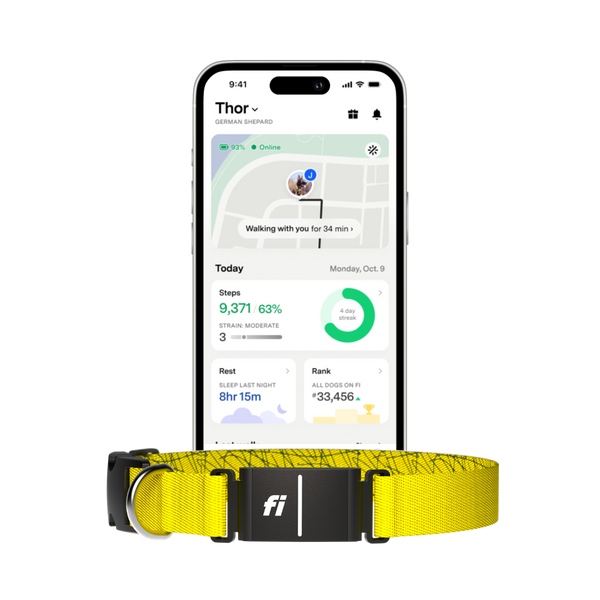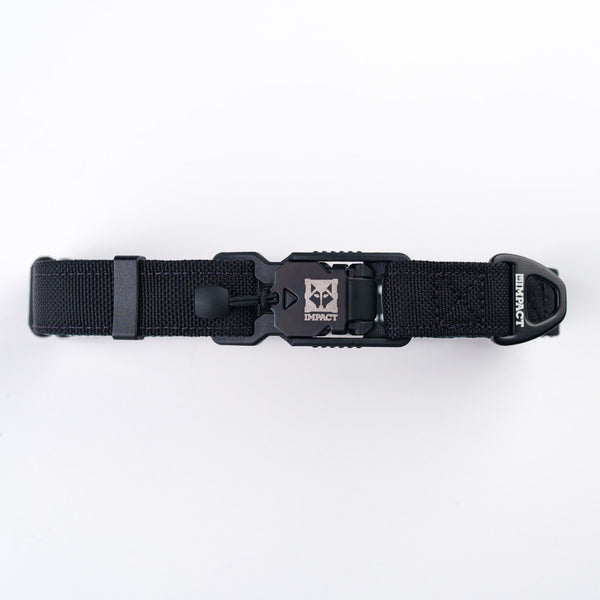Dog vaccinations are often a hot topic—and for good reason. Vaccines play a key role in protecting your dog from dangerous, sometimes deadly diseases. But how many vaccines does your dog really need, and how often? The truth is, it depends. That’s why having a strong relationship with a trusted veterinarian is so important. Your vet will consider your dog’s age, lifestyle, and overall health before recommending a personalized vaccination plan.
Core vs. Noncore Vaccines
Core Vaccines
These are the essential vaccines that every dog should get, no matter where they live or what their routine looks like. They protect against serious, highly contagious diseases:
-
Canine Parvovirus
-
Canine Distemper
-
Canine Adenovirus (Hepatitis)
-
Rabies – often legally required
These vaccines are considered vital for all dogs and are usually part of standard puppy and adult dog protocols.
Noncore Vaccines
These vaccines are optional and based on your dog’s individual risk of exposure. They’re often recommended depending on where you live or your dog’s activities:
-
Bordetella (Kennel Cough) – commonly required for boarding or doggy daycare
-
Leptospirosis – often given in wet, rural, or high-rainfall areas
-
Lyme Disease – recommended for dogs that spend time in tick-infested areas
-
Canine Influenza – advised during outbreaks in certain regions
Your veterinarian can help decide whether your dog really needs these.
Vaccines That Spark Debate
Some vaccines fall into a gray area. They aren’t necessarily harmful, but many veterinarians question their usefulness in most situations:
-
Canine Coronavirus – Usually mild or symptom-free; most dogs recover quickly
-
Leptospirosis – Not needed unless your dog is at risk; some dogs react negatively to it
-
Giardia – Rarely needed, and the vaccine isn’t always effective
Unless your dog is at specific risk, these vaccines are often skipped.
How Often Does Your Dog Need Vaccines?
Gone are the days when most vaccines were given yearly. Today, things look a little different:
-
Many core vaccines are now valid for three years after the initial series
-
Noncore vaccines may still require annual boosters, depending on exposure risks
-
Some veterinarians offer titer testing, which checks your dog’s immunity levels before deciding on a booster
Since there’s no one-size-fits-all schedule, your dog’s vaccine routine should be customized.
What’s the Right Plan for Your Dog?
Every dog is unique, so their vaccination needs will vary. Key factors include:
-
Age
-
Breed
-
Medical history
-
Living situation
-
Travel or exposure to new environments
Take the Best Approach
-
Talk with your vet regularly
-
Re-evaluate your dog’s routine and exposures as they grow and change
-
Stay informed about regional outbreaks and new vaccine options
Ready to Make a Plan?
If you’re unsure what your dog really needs, now is a great time to consult your vet. A personalized vaccination plan is one of the best ways to ensure your dog stays protected, healthy, and happy at every stage of life.
https://www.akc.org/expert-advice/health/vaccinations-for-your-dog-the-upshot/














